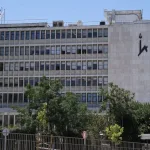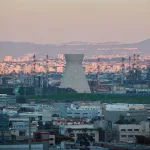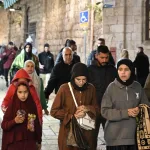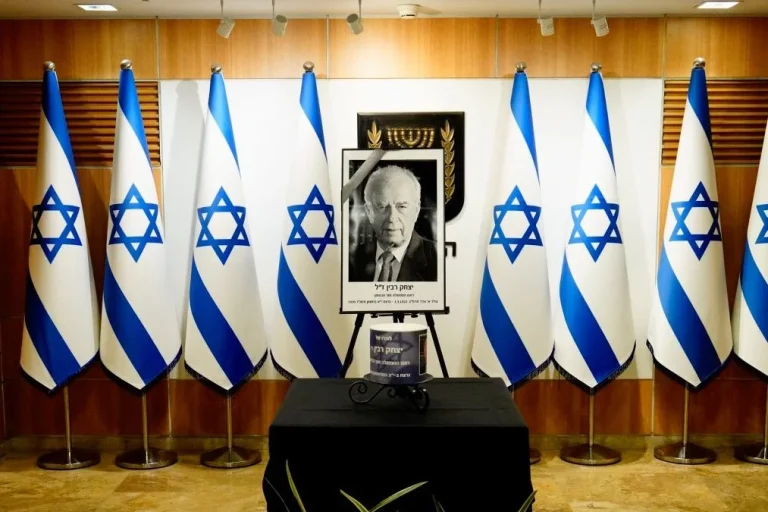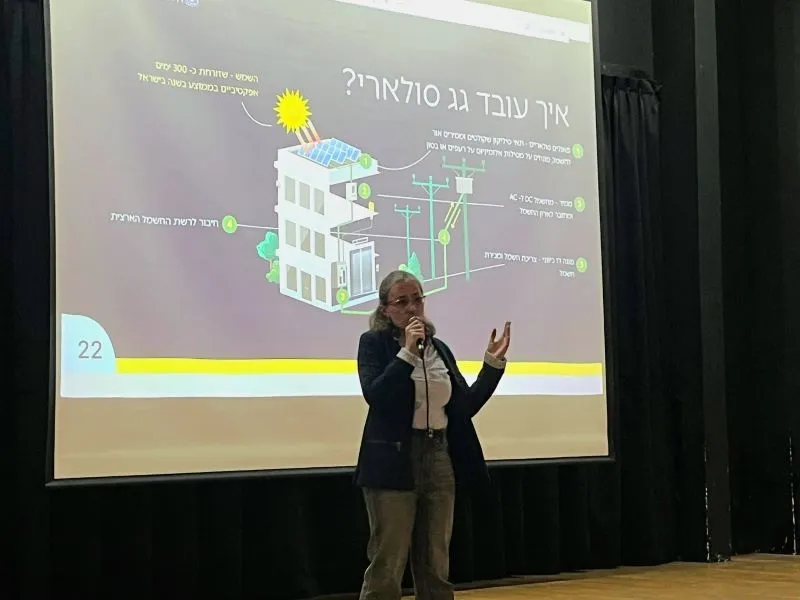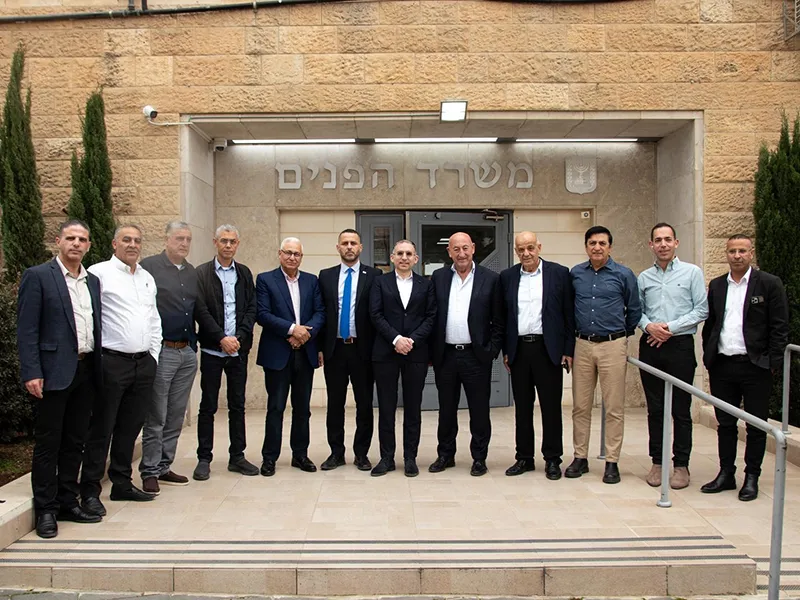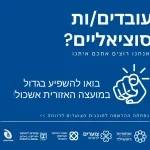Jerusalem, 29 October, 2025 (TPS-IL) — Three decades after the assassination of Prime Minister Yitzhak Rabin, half of Israelis believe there is a high risk of another political assassination, and a vast majority think authorities are failing to adequately address political incitement, according to a new survey published Wednesday.
Rabin was assassinated on November 4, 1995, by Yigal Amir, a right-wing extremist who opposed the Oslo peace accords that Rabin pursued with the Palestinians. The killing took place at the end of a peace rally in Tel Aviv and shocked Israel and the world, marking the first time an Israeli prime minister had been murdered by a fellow Israeli.
The survey, conducted by the Jewish People Policy Institute (JPPI) — a Jerusalem-based think tank that conducts research and policy analysis on issues concerning the Jewish people and the State of Israel — revealed that that 52 percent of Israelis believe there is a “high chance” of another assassination of a prime minister or senior public figure in Israel. Another 29 percent view the likelihood as low, while 12 percent say the danger is not significant.
The JPPI findings were released ahead of the 30th anniversary of Rabin’s murder.
Among Jewish respondents, concern is even greater, with 57 percent warning of a high likelihood of another political killing, compared to 30 percent among Arab respondents. “All ideological groups in Israel believe that the risk of another murder is real,” the JPPI report said. “The perception of the threat exists for everyone, but it is higher in right-wing groups.”
The survey found that fear of assassination crosses political lines but varies sharply by ideology. Among right-wing Israelis, 83 percent said they were most concerned about the assassination of a leader identified with the right, while 69 percent of left-wing respondents expressed the same concern for a leader from their own camp. Nearly half of Jewish respondents—49 percent—said they fear most for the safety of right-wing leaders, compared to 15 percent who worry about left-wing figures.
Political affiliation strongly influences these views. Large majorities of voters for right-wing or religious parties believe an assassination is likely, including Shas (88 percent), Otzma Yehudit (87 percent), Likud (78 percent), United Torah Judaism (67 percent), and Religious Zionism (65 percent). In contrast, fewer voters for opposition parties such as Yesh Atid (38 percent) or Naftali Bennett’s party (24 percent) share that concern.
The JPPI also found deep dissatisfaction with how authorities handle political incitement. Fully 80 percent of Israelis believe the state is not dealing adequately with inciters “from the left and the right,” while only 4 percent think the response is sufficient. Among Jewish respondents, 86 percent said authorities are falling short.
“There is overwhelming agreement in the public that incitement must be dealt with decisively,” said JPPI President Prof. Yedidia Stern. “Thirty years after the assassination, the Israeli public continues to see it as a defining event—but also one that continues to divide. Although we have not experienced an outbreak of political violence for thirty years, Israelis’ fear index of a return to a violent path is skyrocketing.”
Most Israelis (79 percent) say the shock after Rabin’s murder was justified, and another 5 percent think it should have been even greater. Ten percent believe the reaction was exaggerated. On the right, 16 percent say the public response went too far, compared to none on the left or center.
A clear majority—72 percent of the general public and 73 percent of Jews—view Rabin’s contribution to the state as positive. At the same time, attitudes toward the Oslo peace process, which Rabin championed, remain sharply divided. Nearly half of Israelis (48 percent) see Oslo as a move in the wrong direction, while 45 percent consider it a step in the right direction, albeit with limited prospects for success.
Most Israelis (69 percent) agree that Rabin bore major responsibility for the Oslo process. Among Jews, a majority (55 percent) believe the initiative was misguided, while 61 percent of Arab respondents say it was the right path.
When asked whether Rabin’s assassination halted the Oslo process, Israelis were split evenly: one-third (33 percent) believe it did, another third say the process would have stopped anyway, and the rest think it continued regardless. Among Arabs, nearly half (47 percent) believe the assassination stopped the process, while only 12 percent of right-wing Jews share that view.
“The situation today is no less serious,” Stern warned. “The democratic crisis has deepened the rift between sectors, social networks fan the flames, and geopolitical developments—the October 7 massacre and the war that followed—have raised the temperature of public life in Israel, all against a backdrop of a dramatic decline in trust in state institutions. We must all act responsibly at this time, toward the state and its leaders.”





